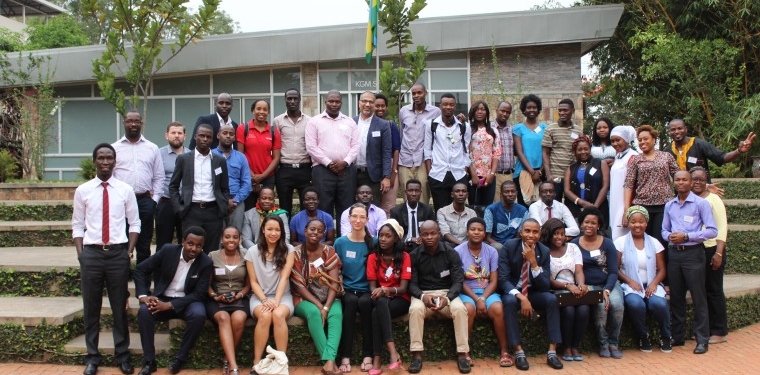Why many Nigerians are leaving the country
March 27by Adedoyin Ajayi
On Twitter, when Destiny Ogedegbe announced his acceptance into both Oxford University and Harvard University, arguably the two most prestigious universities in the world, the spate of congratulatory messages was enough to make one swoon with envy. Such an astonishing feat is most certainly worthy of congratulations. Nevertheless, subtly running beneath the congratulatory tweets were a common theme – “japa,” the joy at yet another Nigerian youth escaping the clutches of the country for greener pastures.
The word “japa” loosely translates to “flee,” a popular slang commonly used in music lyrics, and spoken in everyday conversations. When spoken with regard to the happenings in the country, it connotes bolting from the country in a bid to build a better life for oneself outside the country’s shores.
Nigeria is a country besieged with several issues such as insecurity, a crumbling economy with high inflation, weak human capital development, and dreadful governance. Insecurity is prevalent across the country, with every region vulnerable to the wave of violence. From the herdsmen on rampage in the country, majorly in the northern parts, to the unrest in south-eastern Nigeria, where whispers of secession have created tensions, Nigeria is in an unhealthy position security-wise. Kidnappings make daily news; bandit attacks on villages are commonplace; and highways have become breeding grounds for bloodshed. According to SBM Intelligence, a socioeconomic research firm, in 2021, more than 10,000 lives were lost in Nigeria due to actions of herdsmen, bandits, Boko Haram, and gang clashes.
Additionally, the national grid collapsed eight times last year, creating blackouts (sometimes for days) across several states. Though power outages are, sadly, common in Nigeria, occurrences on such a large scale are even more detrimental to economic growth. The colossal loss to the economy that would ensue if this occurred in a more developed country (MDC) is unthinkable. The inflation rate in February stood at 21.91%.The weak state of Nigeria’s naira, high costs of energy and transportation and insecurity in the country are some other factors that have contrived to create a heavily unfavourable business environment.
The most populous black nation is experiencing mass exodus of able-bodied men and women, some of whom are professionals across sectors, which constitutes labour loss and brain drain to the country.
Furthermore, an eight-month-long strike was called off in federal universities last October. The incessant strikes in academic institutions, due to standoffs with the federal government are symbolic of a fragile desire to invest in, and subsequently develop human capital in the country. Students have grown frustrated with these constant interruptions that have prolonged academic calendars, consequently putting their lives and dreams on hold. Besides, with about 40% of youths unemployed, it is little wonder social vices are rampant in the country in form of internet fraud, prostitution, and cultism.
From the foregoing, it is unsurprising that the most populous black nation is experiencing mass exodus of able-bodied men and women, some of whom are professionals across sectors, which constitutes labour loss and brain drain to the country. Emigration of Nigerians to preferred destinations like the UK and the US is not a new trend. However, these numbers have spiraled, rising through the roof. According to the UN Department of Economic and Social Affairs, international migrants from Nigeria in 2020 totaled 1.7 million, a substantial rise from 990,000 in 2010. In 2016, Canada granted about 4,400 Nigerians permanent residence. This figure soared to over 15,000 in 2021.
A couple of months ago, I had a conversation with a close friend who left for the UK to further her education. With a tinge of nostalgia, she noted the saddening realisation that leaving one’s own country was now regarded as an achievement and something to be anticipated and celebrated upon its arrival. The situation in Nigeria is akin to a sinking ship, with sailors yelling “abandon ship” before desertion and fleeing for safety before its imminent plummet. The lack of belief that the country offers a chance to achieve one’s goals and live a good life is at the centre of the mass emigration.
One notes with mixed feelings; joy – at those who have left in the hopes of creating better lives for themselves, and sadness – that the country is worse off for their absence.
No country has a hope for development when it experiences a high level of human capital flight.






